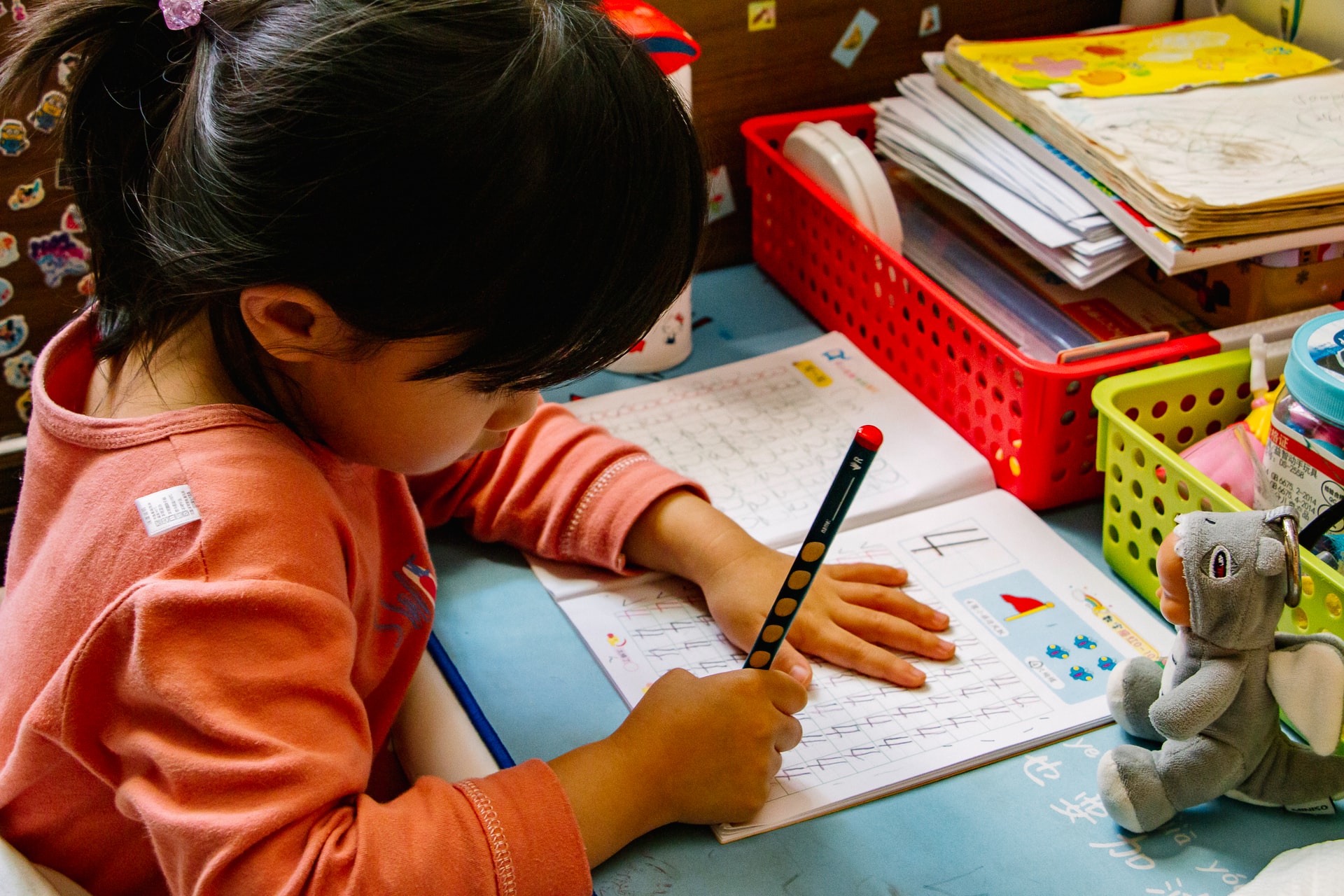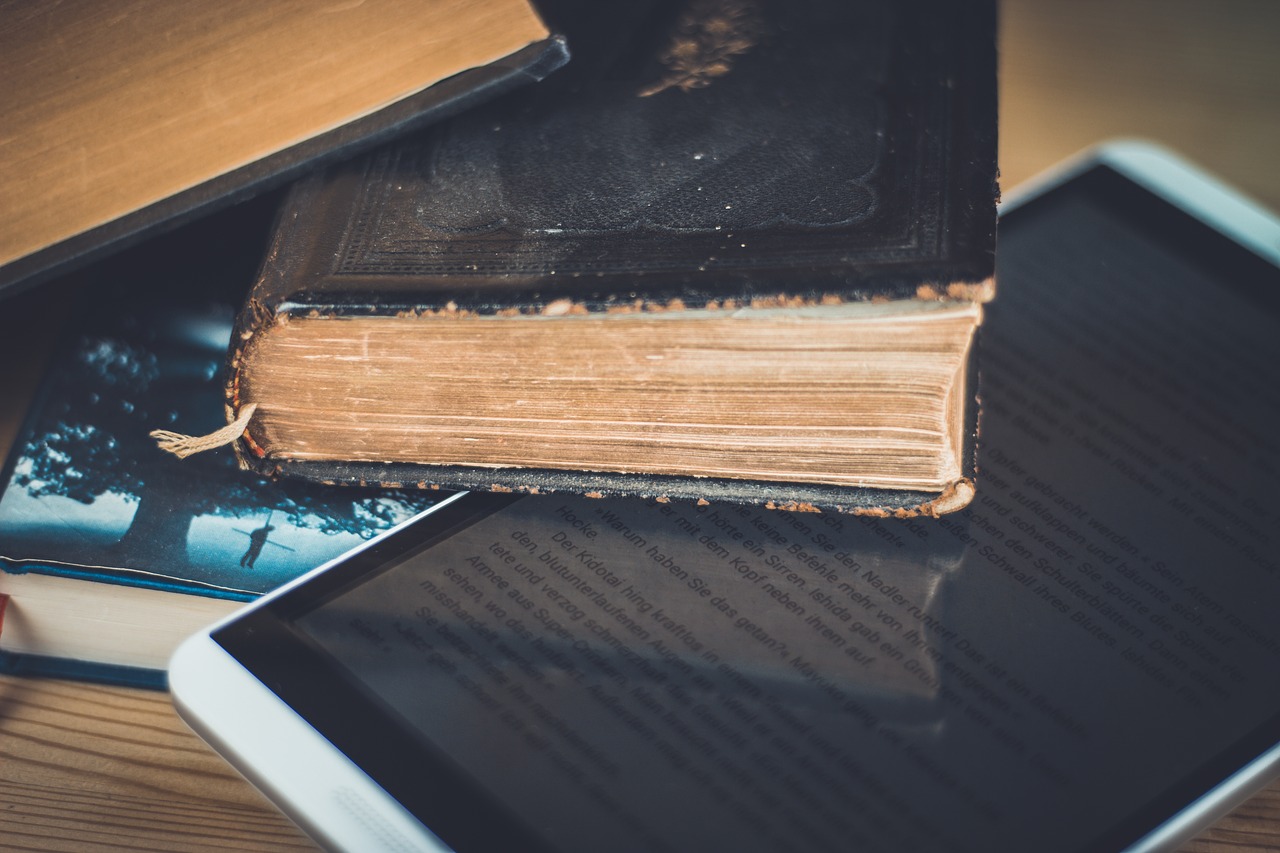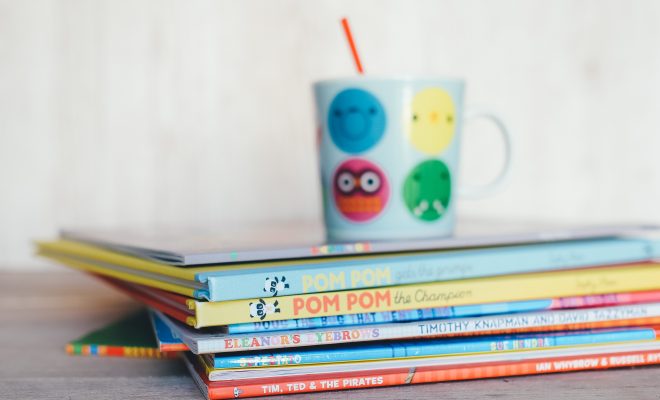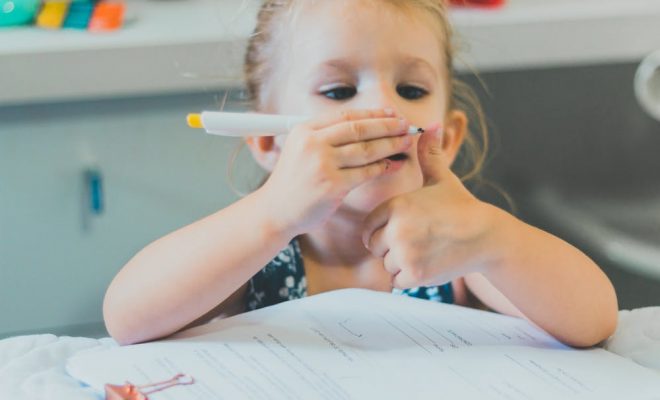Examining 13 Types of Literacy

What comes to mind when we think of literacy? For most people, it is simply the ability to read and write. However, the understanding of literacy we possess is often limited by our educational experiences. Those of us in the education space know that there are different types of literacy. All these forms are crucial for navigating through life and fully engaging in our complex society. In this article, I will briefly define the 13 types of literacy and hope to give detailed coverage of each in an upcoming article series.
- Critical literacy
Critical literacy is a collection of skills and dispositions which help to foster innovative teaching, active inquiry, and critical thinking. Critical literacy encourages learners to think deeply about what they read and to seek more information instead of just brushing the surface.
- Developmental literacy
This kind of literacy takes into account a kid’s developmental stage. Essentially, it delivers instruction appropriate to a child’s level of development.
- Digital literacy
This definition covers a wide range of skills that are necessary for us to thrive in an ever more digital world. As we rely more on digital mediums of information, the ability to comprehend information published online becomes more and more critical. Learners who lack digital skills will soon find themselves struggling to keep up with digital advances.
- Multicultural literacy
The ability to appreciate and understand the parallels and differences between different belief sets, values, and customs.
- Information literacy
This was first described by Abilock as a transformational process whereby a learner needs to find, understand, evaluate and utilize the information to their advantage. These can include global, social, and personal agendas.
- Content literacy
This involves the use of literacy in subject-specific areas like math literacy or programming literacy.
- Disciplinary literacy
The instruction by experts in different disciplines on the learners’ reading, writing, and critical thinking capability is relevant to a specific discipline.
- Functional literacy
These are the literacy skills required to navigate society as a functional member.
- Civic literacy
This is the knowledge of how to actively participate and effect change in the local community or society
- Recreational literacy
These are independent activities that cultivate our interests, positive attitudes, and literacy habits. They could be sporting activities or even music and dance.
- Balanced literacy
This is a reading program that utilizes different methods of reading to convey to learners a differentiated reading instruction.
- Early literacy
Refers to what a child knows about communication, reading, and writing before they formally learn to read and write.
- Media literacy
The National Association for Media Literacy Education; defines media literacy as the ability to access, analyze, create, evaluate and act using all forms of communication. Essentially, media literacy covers anything from understanding the underlying messages in online ads to interpreting emojis. This form also recognizes native advertising and even breaks down viral videos.






